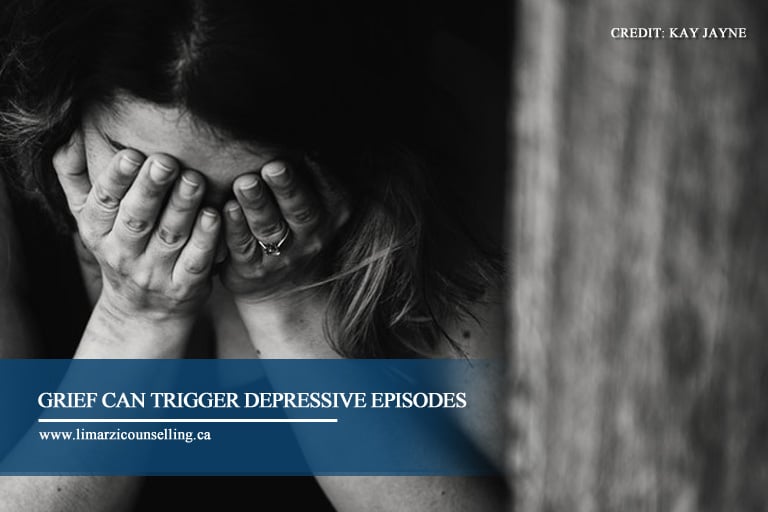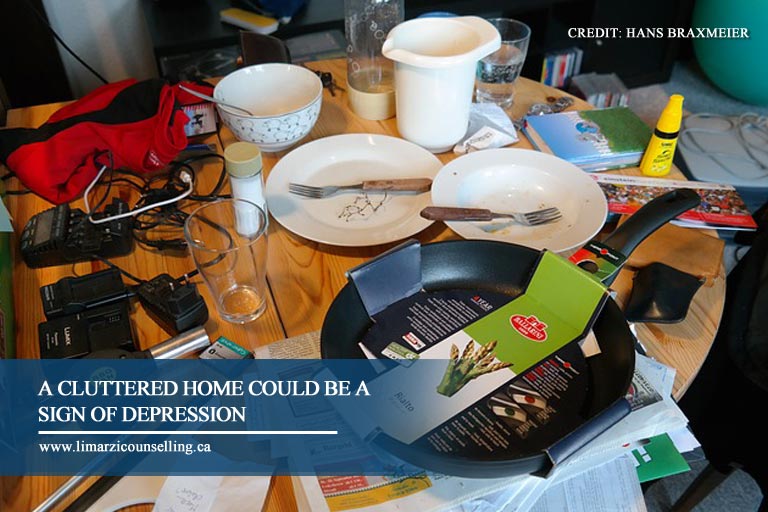Supporting a Partner with Depression
If your spouse or partner suffers from depression, you’ve likely encountered challenges in your relationship due to it. Depression causes the sufferer of feeling hopeless and unmotivated. Depression can last for weeks or even months at a time. Some people struggle with it intermittently for their entire lives.
As a partner with depression, your role is incredibly important. Although you can’t “fix” the depression yourself, you can empower them to seek treatment. Here are some of the ways you can supporting a partner with depression.
What do you do if your partner is depressed
1. Educate Yourself on Depression
The best way for you to help your partner is to understand what they’re going through. Depression is like other diseases — the sufferer does not have a choice. It’s not their fault they have a mental illness; they aren’t choosing to suffer. They cannot be faulted for reacting to their illness with confusion, irritation, or sadness.
Some cases of depression are caused by a traumatic event or loss. It can develop when someone loses a family member or relationship. However, it’s different from just feeling down. Depression affects the sufferer’s desire to participate in their own life. It affects their values, self-worth, and of course, their relationships.

Other cases of depression derive from brain chemistry and function. Since the 1950s, many scientists have believed that depression is caused by an imbalance of specific mood-stabilizing chemicals, like serotonin, in the brain. More current research has revealed that this theory makes the disease sound more straightforward than it is. On a biological level, many factors are happening at once to result in depression. It’s important to understand that taking antidepressants isn’t always a cure-all treatment to depression. Your partner could have a combination of factors contributing to their illness.
Through educating yourself on depression, you can better understand what your partner is going through. It will also enable you to see it as the mental illness it is and not as poor life choices your partner is making.
2. Curate a Healthy Environment
If you’ve ever tried to get work done on a cluttered desk, you know how important your environment is. Even for people who don’t suffer from depression, your surroundings affect your mood and productivity. It’s common for people suffering from depression to forego their responsibilities in the home and their personal hygiene. Their home can become dirty and cluttered; they may wait for days or weeks between showers or teeth-brushing. If you live with your partner, it’s important to acknowledge that the environment a depressed person lives in often reflects their inner world.

You can support your partner by creating a healthy living environment. This doesn’t mean cleaning up after them; it means creating a positive and safe space for them. Here are some examples:
- Learn healthy recipes that you can cook together. A balanced diet is essential for the mind and body
- Going for a walk in nature together
- Create a daily routine for you both to follow. This can reduce stress and tension
- Plan a date involving shared interests. Embrace the excitement as the time approaches
- Use positive language to combat the negative voice they likely hear in their headThese are all small ways to make you and your partner’s environment healthier. They’ll likely benefit you as much as they help your partner.
3. Be a Listening Ear
People suffering from depression often feel like a burden to those around them. They feel guilty for talking about their feelings and needing help. Even though talking about what they’re going through is healthy, they often bottle it up and then punish themselves for it. You can put a wrench in this toxic cycle by showing genuine interest in your partner’s thoughts and feelings. Remind them that they’re never a burden to you, that you want to hear what they have to say.

Be the listening ear your partner needs. This isn’t a time to suggest solutions to every problem they bring up. Most of the time, just listening and validating their emotions is enough. Believe them when they tell you how they’re feeling. The more your partner can discuss their feelings, the more they can work through them. Healthy, patient conversations can lead your partner to decide to get help. Your ability to offer a safe space for talking is a powerful method of support.
4. Encourage Treatment
The desire to seek treatment must come from your partner, not from you. No matter how clear it may be to you that they need help, your partner needs to come to that realization on their own. However, there are ways you can gently nudge them towards that decision.
It can start by celebrating small accomplishments throughout the day. Sometimes, people suffering from depression struggle to get out of bed in the morning. Normal functioning behaviour can seem like an impossible feat. When your partner does feel strong enough to get out of bed, get dressed, or leave the house, use positive reinforcement. Notice when they take risks and push themselves. Tell them how amazing they are and how proud of them you are.

Small accomplishments lead to bigger ones. Going to counselling can seem impossible if you can’t even leave the bedroom. Once they’ve got some positive actions under their belt, going to therapy might not be such an impossible concept. If it helps, go to therapy sessions together. Relationship counselling is a common practice for all types of issues. As a partnership, you’re both combating mental illness. Therapy could be beneficial for both of you as individuals and the relationship.
5. Maintain Your Own Health
Perhaps you have no problem understanding what your partner is going through. Watching them suffer makes you feel sympathetic sadness or depression. It’s imperative to maintain your health before supporting your partner. Sometimes the partner “takes on” the other’s distress. They may blame themselves for the illness or blame themselves for not being able to save the partner. Both mindsets are harmful to your mental health.
Prioritize your own self-care. What makes you happy outside of the relationship? When was the last time you spent time with your friends or family? Do you have hobbies you’ve been neglecting?
By taking care of yourself, you can be a better, more supportive partner.

It’s common for the supporting partner to lose their voice in the relationship. Although you too have bad days, you don’t talk about them to your partner. You may feel that talking about your bad day will increase their sadness. This results in you being a fantastic listening ear, but not being heard. You deserve to have your voice heard. You deserve to feel understood in your relationship, despite their depression. You are not their therapist.
Try to get in the habit of asking if they have a few minutes to listen to your recap of the day. Give them the chance to be supportive of you. Not only does this make you feel better, but it can empower your partner. When they can engage in the relationship from a non-victim role, their self-worth and confidence can improve.
Wendy Limarzi’s Depression & Relationship Counselling Services provide treatment for those living with depression in Windsor, ON. Our team has years of experience helping those suffering from depression heal and treat their mental illness. If you’re interested in depression counselling or relationship counselling, send us a message or call the office today: (519) 253-1519.

